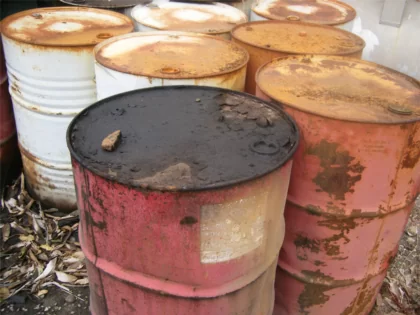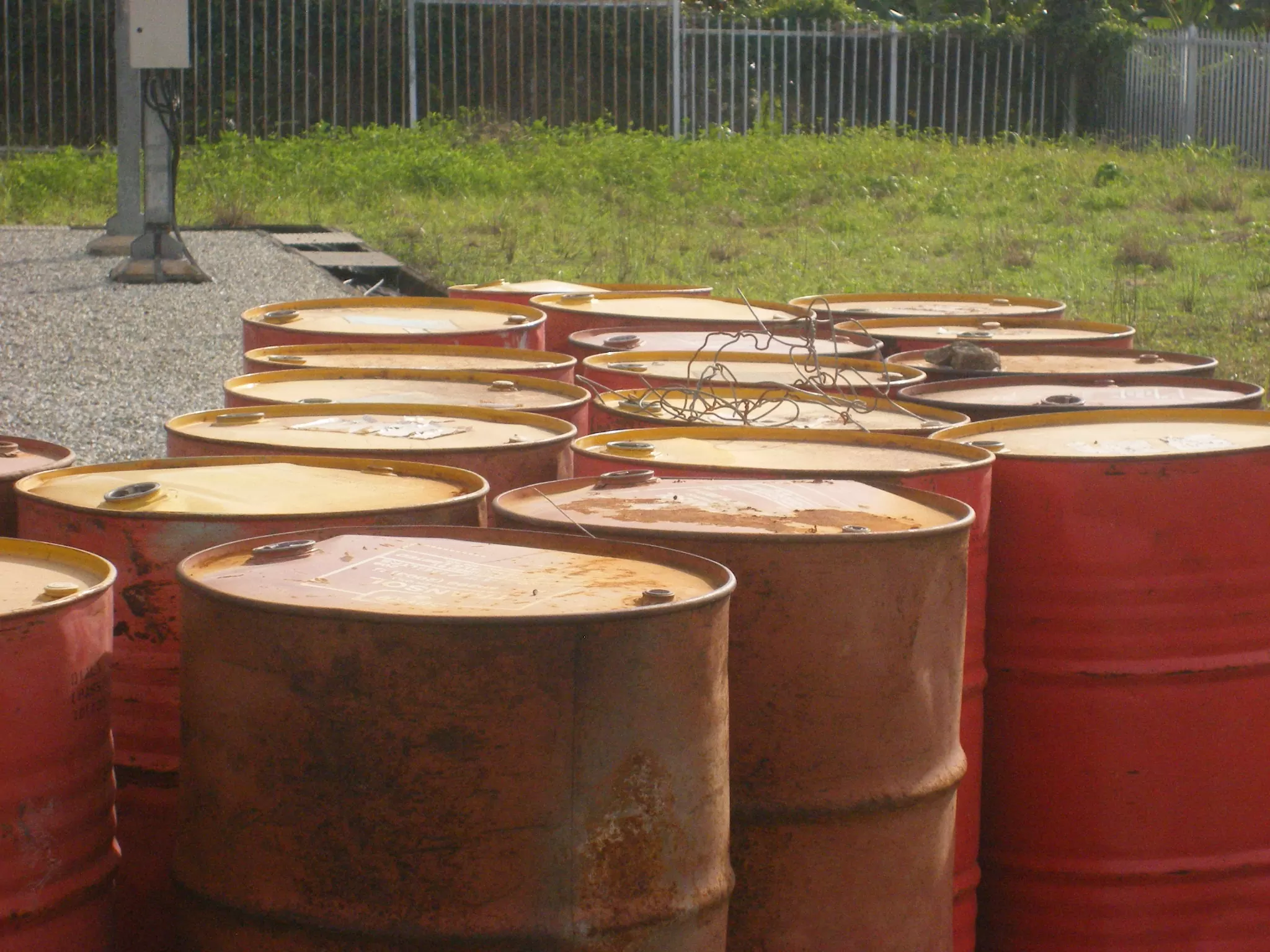Waste oil is typically any kind of insulating fluid that has been used in a machine like a motor vehicle, truck or other industrial asset as a lubricant or heat transfer medium. At the end of its useful life it can no longer perform satisfactorily as its inherent properties have been diminished – it becomes a used oil or waste oil. The oil then has a path to disposal, and there are well established networks to collect, process and reuse these oils.
We buy waste oil in some circumstances and it is useful to understand the background behind valuation and how the concept of payment for a waste material evolved. Depending on the price crude oil internationally, as represented by the oil barrel price, e.g. WTI, Brent crude etc., the value of waste oil fluctuates. Even diesel terminal gate pricing tends to track oil barrel prices. The key drivers in the value of waste oil are what the large users of it are prepared to pay, and the large users are the big scale re-refiners. Re-refiners with sophisticated plants and technology regard used oil as a feedstock into their process to make a base oil or other products.
At time of writing the oil barrel price is near historic lows internationally, and right now the value of used oil in the Australian market is low. Why is this the case? How are they related? The price that re-refiners can sell their output product for, i.e. their base oil, is governed by the international price for virgin base oils, which closely follows oil barrel pricing. Therefore if re-refiners are manufacturing at a fixed cost and the sale price of the product drops, it follows that what they are prepared to pay for inputs is reduced. There is at the moment a glut of waste oil on the market for this reason and the simple supply and demand economics apply.
In the right circumstances Benzoil and others do buy waste oil, and there are some waste oils that are more attractive than others, e.g. light clean oils that haven’t been carbonised or scorched will attract more interest than dirty black sump oil. Generally the types of Waste oil for collection will be black oil or light oil and the criteria determining what they are worth and what we can pay for waste oil has to do with the volume, location, type of oil, complexity of collection (e.g. is oil in a tank or in assets that need to be dismantled or pumped from), analytical results showing contaminants including solids, particulate matter, solubles, moisture, sludge, other chemical by-products





